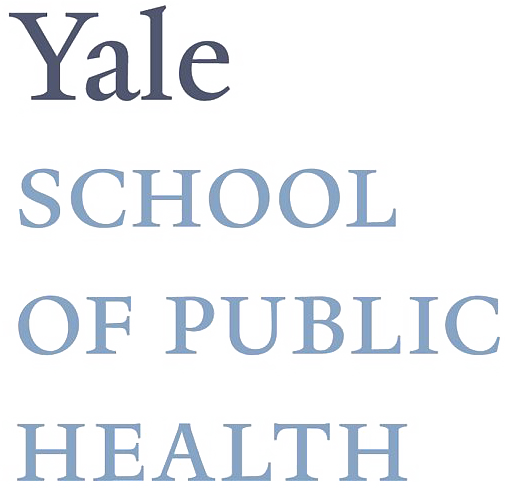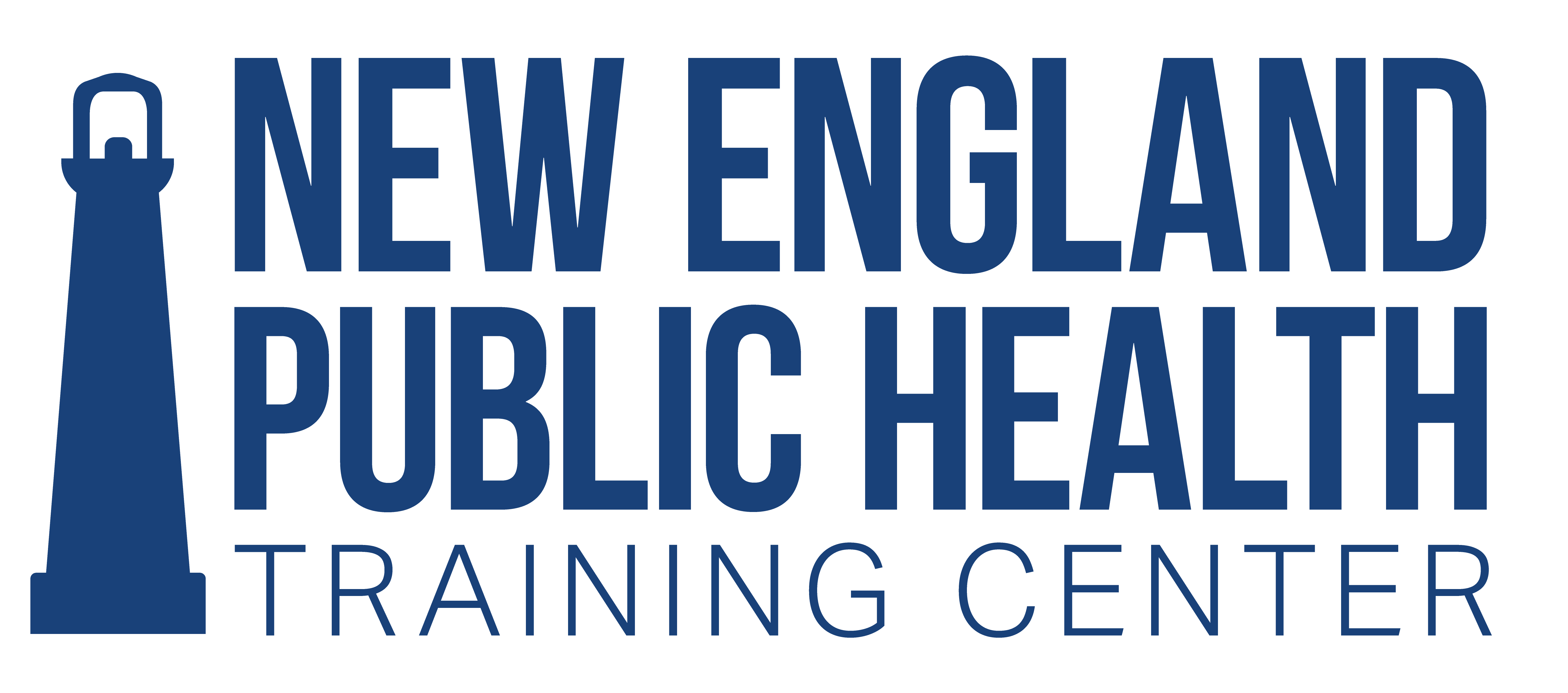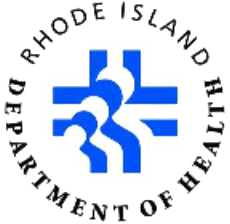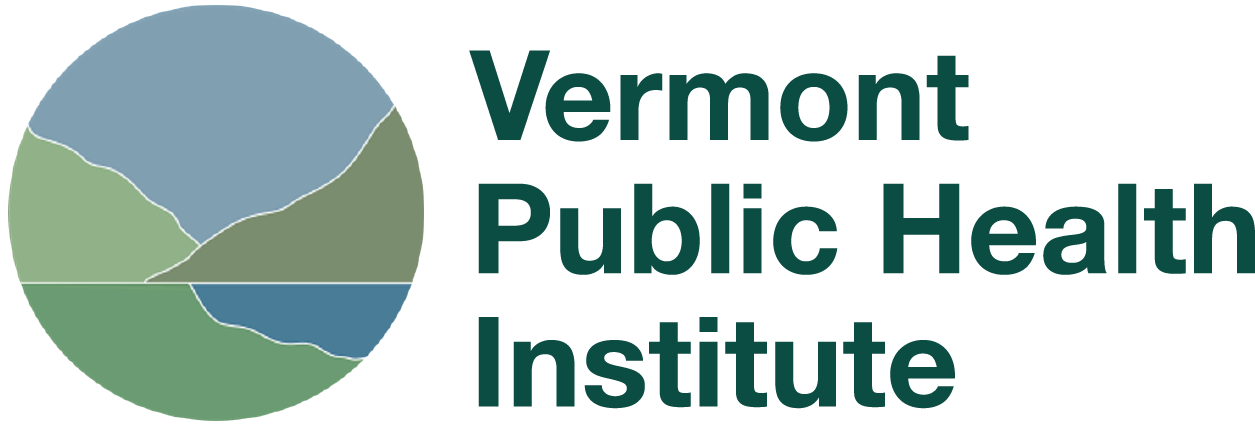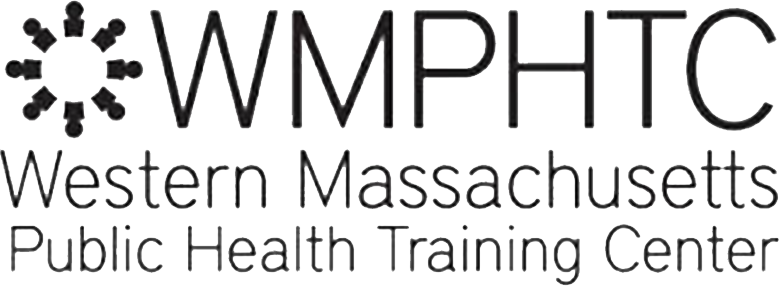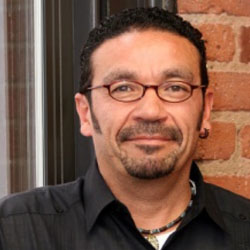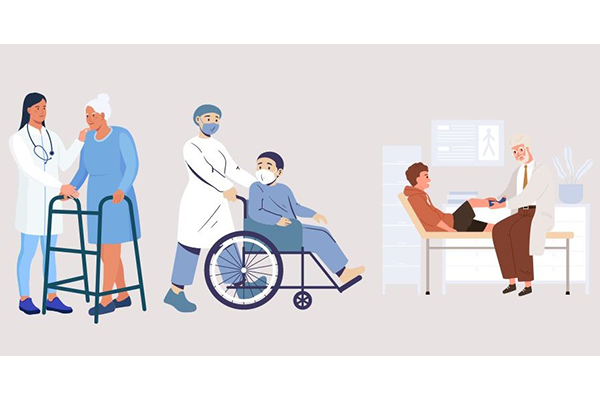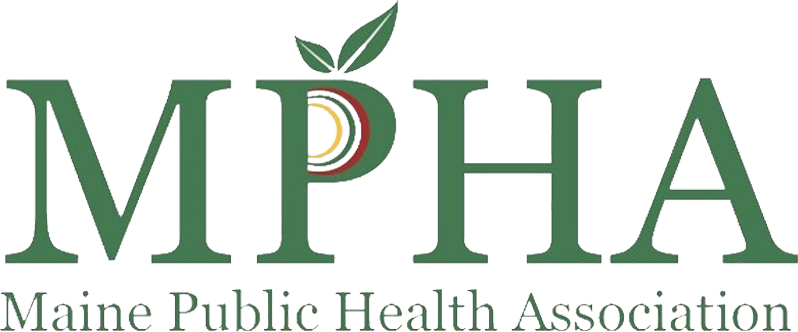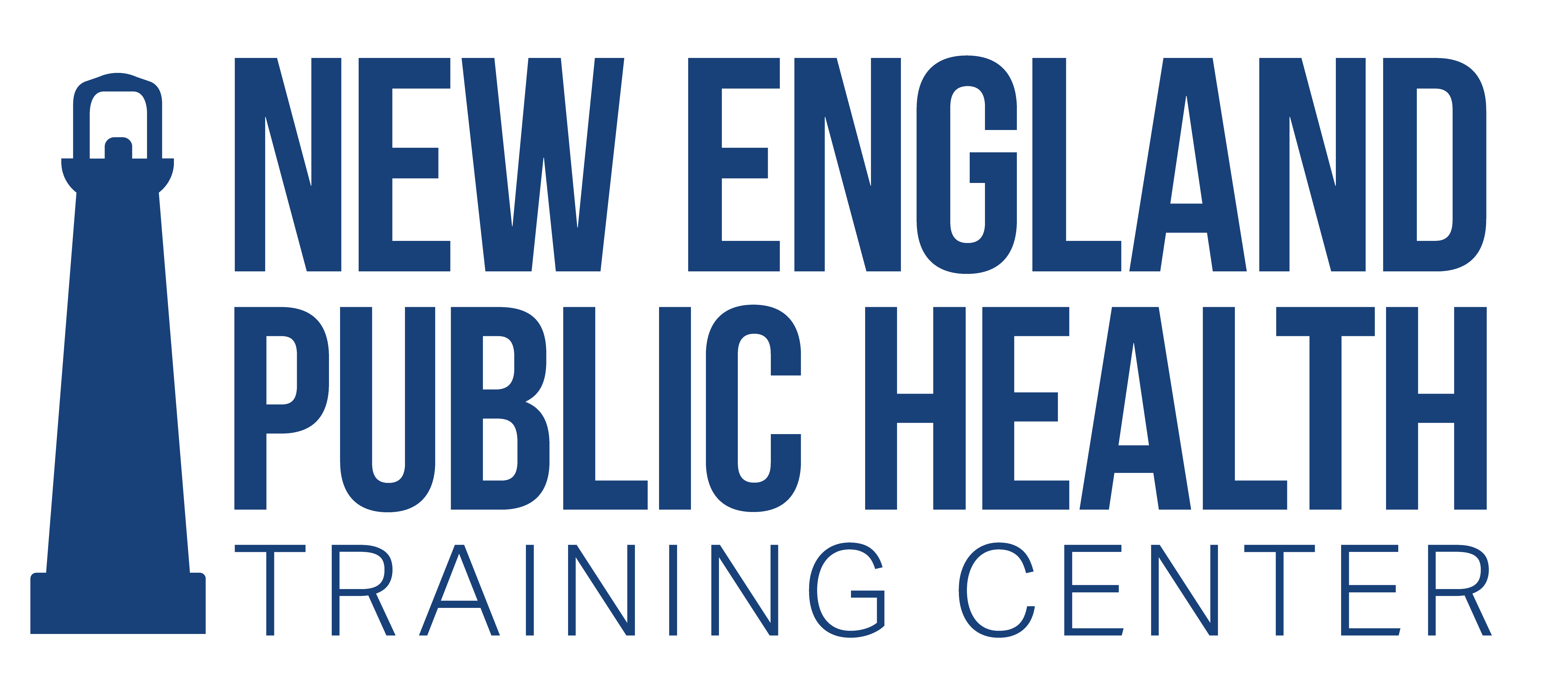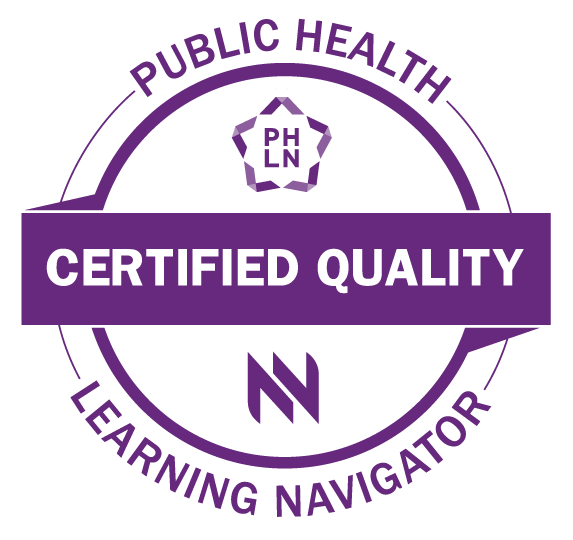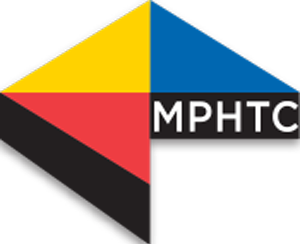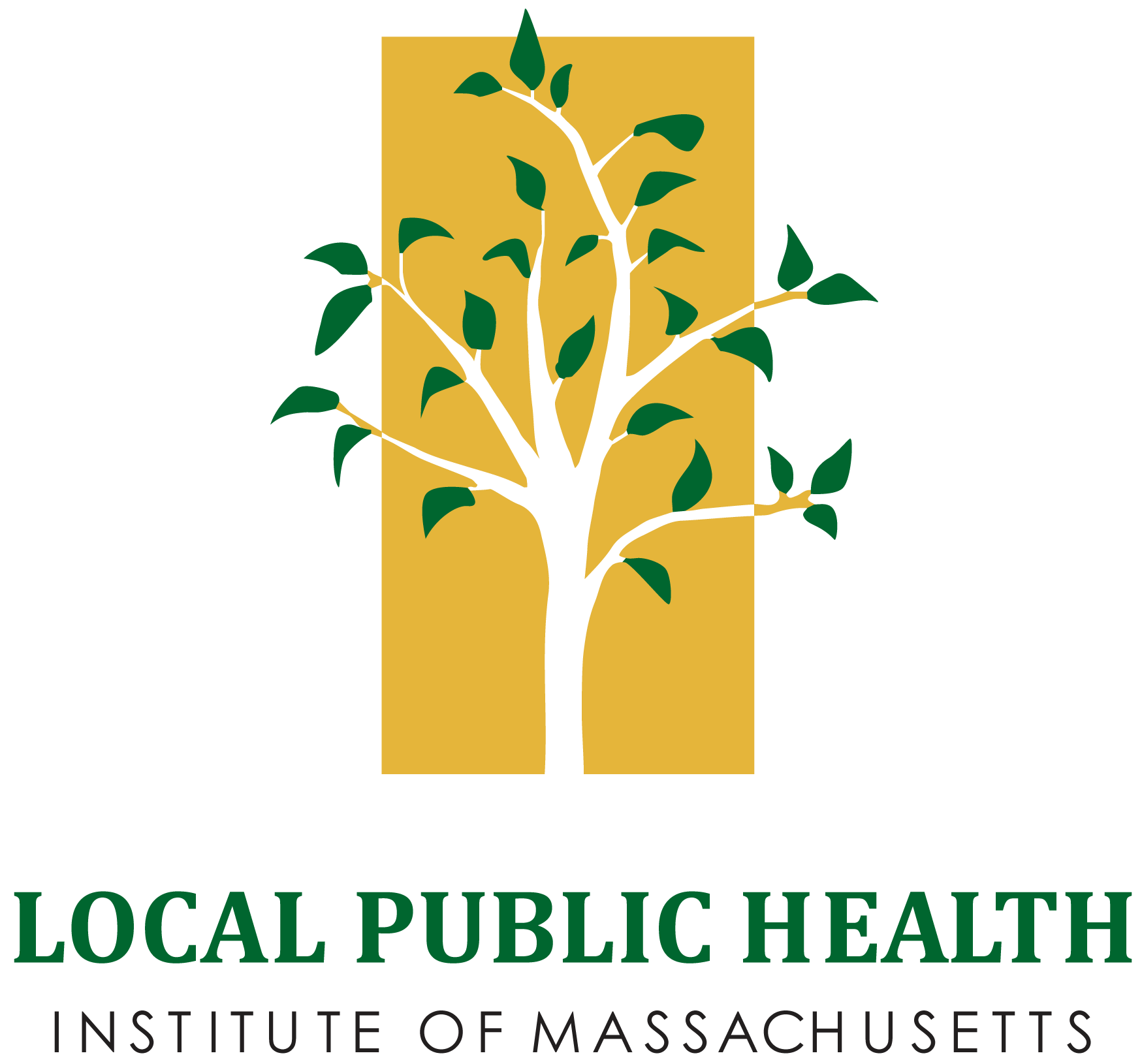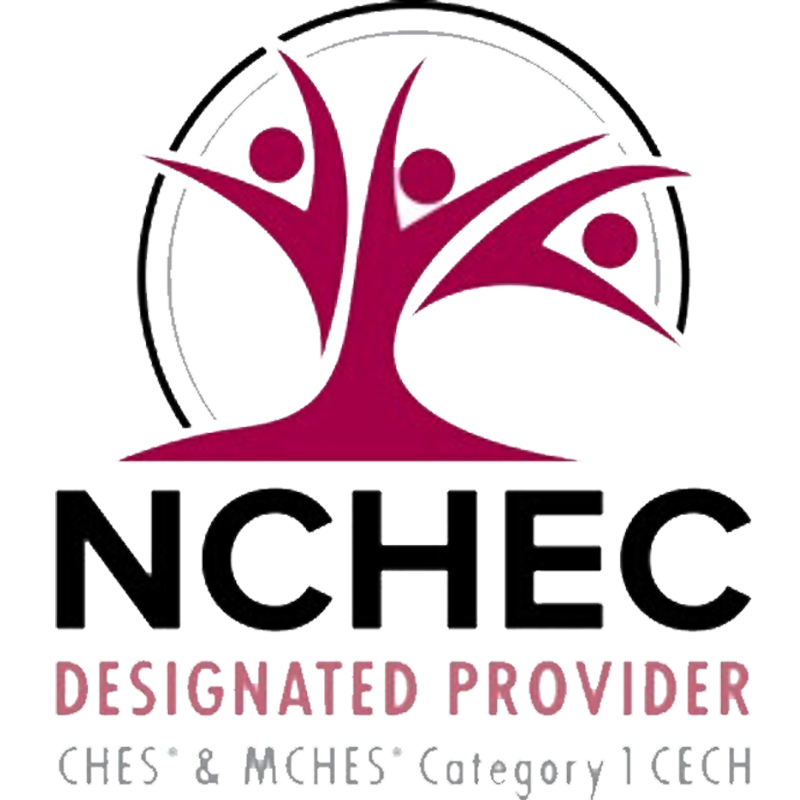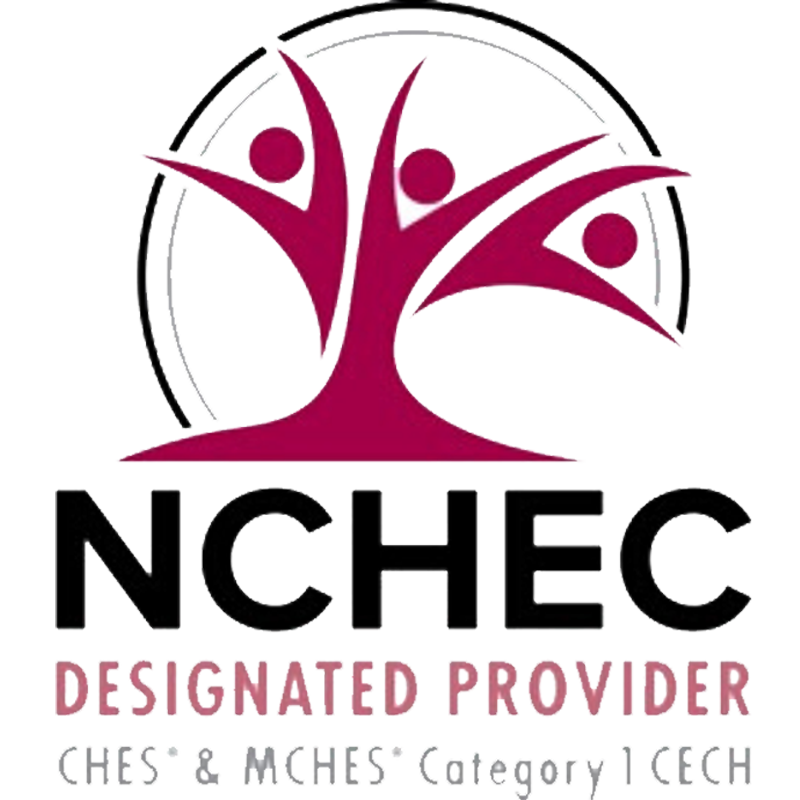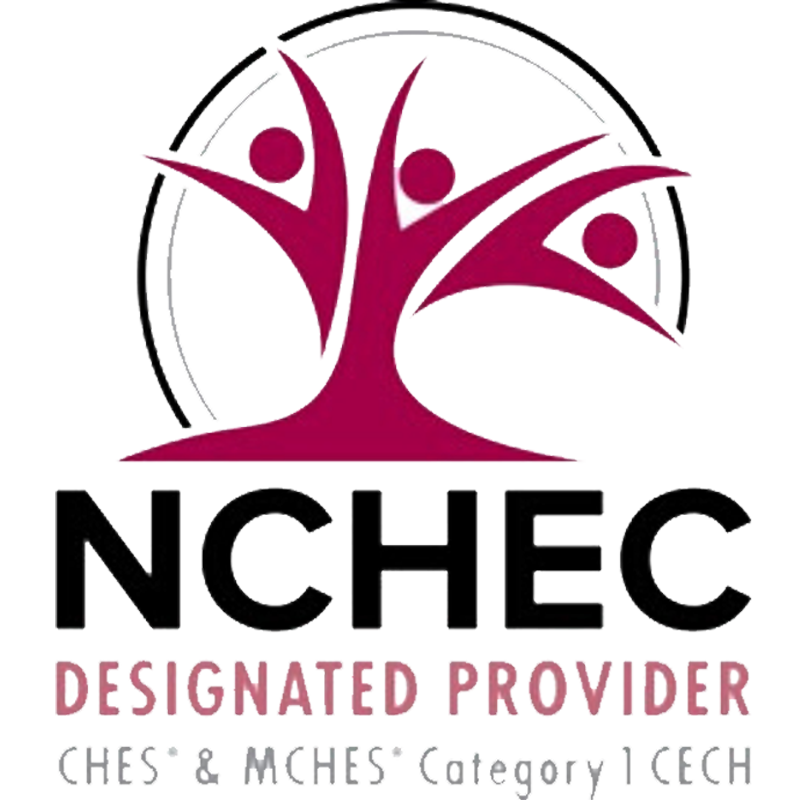
MACHW Workshops: Self Care, Caring for Ourselves and Others
Who is caring for the caretaker?
Join us as we explore self care strategies for demanding times.

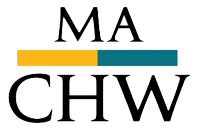
Register
Course Information
- Audience: Members of the Massachusetts Association of Community Health Workers (MACHW)
- Format: Workshop
- Date/Time: Thursday May 6, 2021
10:00 AM to 11:30 AM EST - Price: Free
- Length: 1.5 hours
- Credential(s) eligible for contact hours: Sponsored by New England Public Health Training Center (NEPHTC). If you complete the evaluation, you will receive a Certificate of Completion. The Certificate will include the length of the workshop.
- Competencies: Effective Communication, Education to Promote Healthy Behavior Change, Use of Public Health Concepts and Approaches
- Learning Level: Awareness and Performance
- Companion Trainings: MACHW Workshop Series
- ABCs of Immigration & Know Your Rights
- Housing Rights and Advocacy Resources for CHWs
- CHWs and Trauma Informed Care: Building Community Collective and Resilience
- Trauma Informed Care
- Exploring Mental Health Strategies to Cope with Everyday Stress
- Amplifying Voice, Equity & Well-Being for Community Health Workers
- Supplemental materials:Session PowerPoint
- Pre-requisites: None
About this Workshop
This MACHW interactive workshop series aims to support CHWs as they strive to serve their clients during these challenging times. The workshop formats will include expert panels, Q and A, and case studies on critical issues from across Massachusetts.
In this workshop, we explore the Stress First Aid (SFA) model based on five evidence-informed factors that help people recover from stress and adversity. These include the need for safety, calm, connection, sense of competence or self-efficacy, and hope.
Stress First Aid (SFA) provides a framework for psychological peer support, with a set of supportive actions designed to promote self-care and coworker support. The overarching aim of SFA is to identify and mitigate the negative impacts of stress at work before they impair staff health and well-being.
At the end of the workshop, participants will be able to:
- Explore evidence informed strategies to increase self efficacy, promote self care and mental wellness
- Begin to understand and utilize resiliency practices and Stress First Aid
- Define empathy and compassion, how they differ and what gets in their way
- Describe what makes us strong and what makes us vulnerable as caregivers
- Better understand what takes place in our mind and body when we experience stress
Moderators

Lisette Blondet

Jamie Berberena

Areliz Barbosa
Lissette Blondet is the director of the Massachusetts Association of Community Health Workers (MACHW). She has dedicated most of her professional life to anchoring community health workers (CHWs) as public health professionals. In 1993, she founded the Community Health Education Center (CHEC), one of the first training and resource centers for CHWs in the country. CHEC’s standards for CHW curricula and core competencies have been replicated in other states. The program was so successful that in 1997, the Massachusetts Department of Public Health funded its expansion to the northeast region of the state. Both centers, CHEC Boston and CHEC Northeast are still thriving and have graduated over a thousand CHWs. More recently, Lissette provided technical assistance to the Prevention and Wellness Trust Fund on community health and community health workers. She also previously served as Director of Community Benefits for Cape Cod Healthcare, focusing on making healthcare accessible to the underserved while building her experience in healthcare financing. As the director of MACHW, Lissette brings all her experience and skills to strengthen the association and strategically position the workforce to seize the many opportunities now available through health care reform, including reimbursement and broad recognition of the attributes and competencies of CHWs.
Jamie Berberena is the Southeast Regional Leader and Advisory Board member with the Massachusetts Association of Community Health Workers. She is a passionate public health advocate focused on promoting racial equity throughout Massachusetts. With over a decade of experience promoting the health and well-being of diverse communities across Massachusetts by providing direct support and guidance through community-based programs, multi-disciplinary clinical programs and health policy initiatives.
Areliz Barbosa is a CHW and is the Regional Chapter Leader for Western Massachusetts for the Massachusetts Association of Community Health Workers.
Subject Matter Expert

Beth Lown
Beth Lown, MD Chief Medical Officer of The Schwartz Center for Compassionate Healthcare. In this role she creates scientific content and develops new initiatives, programs and research. She speaks locally, nationally and internationally about empathy, compassion and communication, and teaches these attributes and skills to health professionals across the continuum of learning. Dr. Lown is associate professor of Medicine, Harvard Medical School, Boston, MA and is a clinician- educator at Mount Auburn Hospital, Cambridge, MA.
Registration
Select the Enroll Me button below to register for this workshop. If you have any trouble accessing the workshop, contact support@nephtc.org.
Acknowledgement:
This project is supported by the Massachusetts Department of Public Health
This project is/was supported by the Health Resources and Services Administration (HRSA) of the U.S. Department of Health and Human Services (HHS) under grant number UB6HP31685 “Regional Public Health Training Center Program”. This information or content and conclusions are those of the author and should not be construed as the official position or policy of, nor should any endorsements be inferred by HRSA, HHS or the U.S. Government.




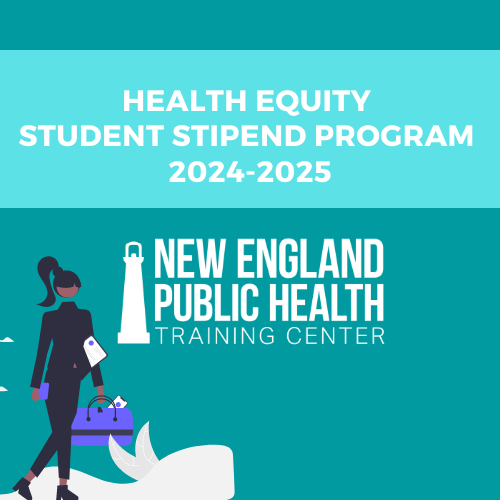

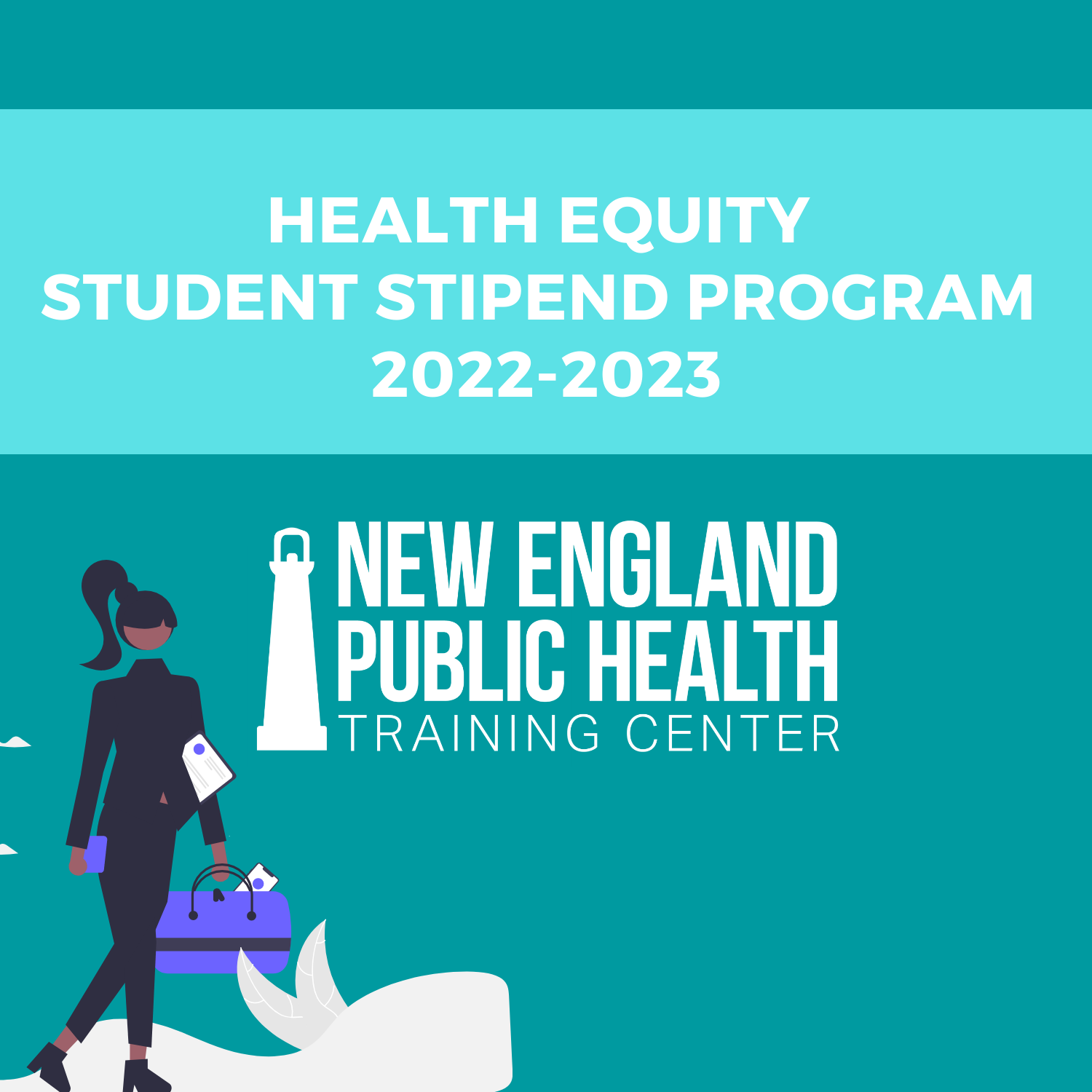 d Program 2023-202
d Program 2023-202

 d Program 2023-202
d Program 2023-202

